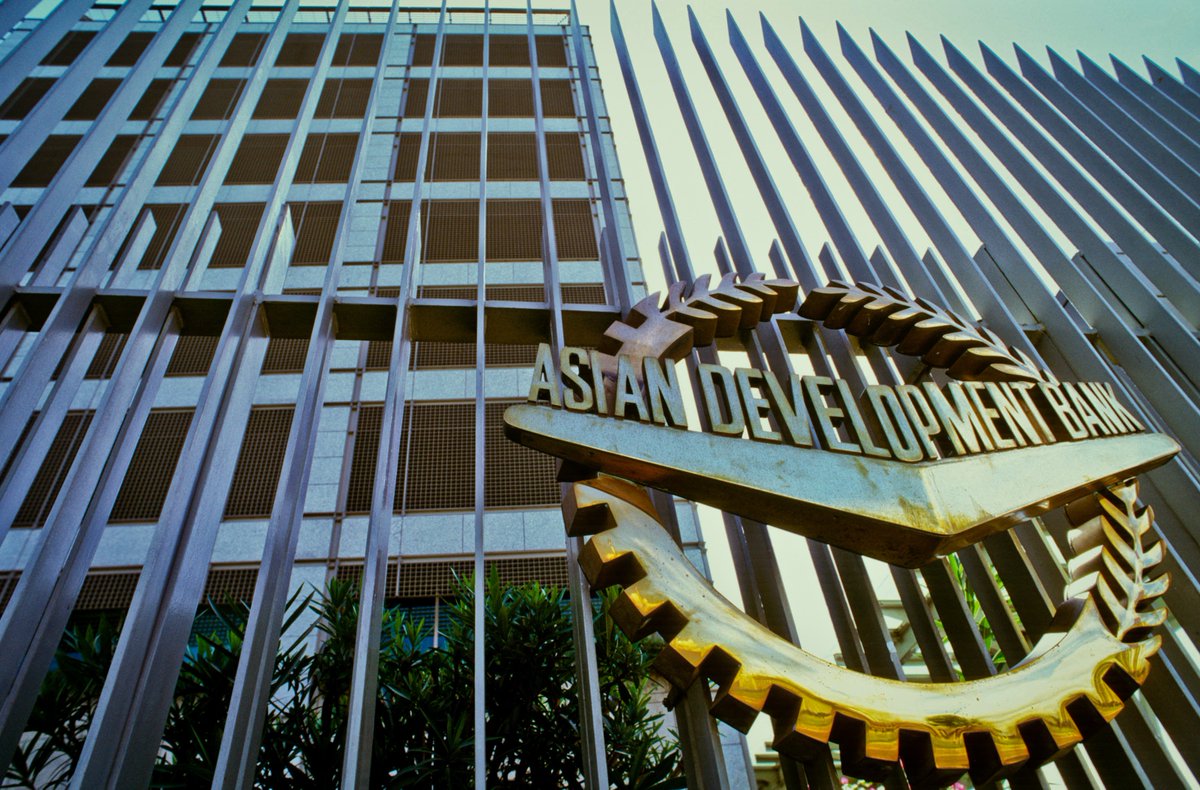Naveed Hussain
The highly significant official visit of Prime Minister Shehbaz Sharif to China is drawing to a close. This momentous visit, accompanied by a substantial delegation of federal ministers, dignitaries, advisors, government functionaries, and approximately 100 business leaders from Pakistan, has sparked considerable anticipation. It takes place against the backdrop of previous high-level visits to China from Pakistan, which led to the initiation of the China Pakistan Economic Corridor (CPEC) and the subsequent securing of mega projects. However, the current visit is marred by the challenge of repaying these loans, leading to a pessimistic atmosphere as no new projects are on the horizon for Pakistan.
Over the years, Pakistan’s reliance on loans and the assumption that future generations will handle the repayments has led the country to continually seek financial assistance from the IMF. This approach has, to some extent, overshadowed the potential impact of the China Pakistan Economic Corridor (CPEC) as a transformative economic force for the country. The key challenge now is to convert these loans into revenue-generating and profitable ventures, a task that has been complicated by governance issues within the country.
The current visit of the prime minister is primarily focused on soft targets, including business-to-business meetings, showcasing China’s technological advancements, and rebuilding trust between the governments of Pakistan and China. The aim is to address security concerns for Chinese citizens in Pakistan and create a more favorable business environment in light of setbacks to China-sponsored projects in Pakistan. These objectives underscore the importance of the visit and its potential impact on the China-Pakistan relationship.
A major highlight of the visit is the series of business-to-business meetings between Chinese and Pakistani business leaders, resulting in the signing of 32 memoranda of understanding (MoUs) and bilateral negotiations with Chinese companies. Prime Minister Shehbaz Sharif emphasized the need for Pakistani businessmen to collaborate with their Chinese counterparts, particularly in sectors such as textiles and steel.
The prime minister also acknowledged China’s remarkable progress since 1948 and urged Pakistan to learn from this model of economic transformation. China’s offer of collaboration in scientific research, development, and support for startups presents opportunities that need to be pursued, particularly with the involvement of the private sector.
Amidst these opportunities, challenges persist, including the high costs and difficulties associated with doing business in Pakistan, as well as concerns over security and lawlessness in cities like Karachi. However, the commitment to ensuring the safety of Chinese citizens in Pakistan and implementing structural reforms to combat corruption has been reiterated by the prime minister. This commitment underscores the seriousness with which both countries are approaching these challenges, instilling confidence in the future of the China-Pakistan relationship.
Despite the absence of new mega projects, the visit has laid the groundwork for potential collaborations and opportunities, such as B2B partnerships, scientific research and development, the establishment of startups, and the relocation of Chinese industries to Pakistan. However, the challenges of conducting business in Pakistan, especially in terms of security and ease of operations, need to be effectively addressed to ensure the sustainability of such ventures.
Ultimately, the visit is not just about strengthening the enduring relationship between China and Pakistan, but about fostering a deeper understanding and mutual respect. With high-level meetings planned between Prime Minister Shehbaz and President Xi Jinping, the visit signifies a commitment to the long-term partnership between the two countries. While significant challenges remain, there is a sense of mutual respect and commitment, which could pave the way for meaningful collaborations and partnerships in the future.

















































